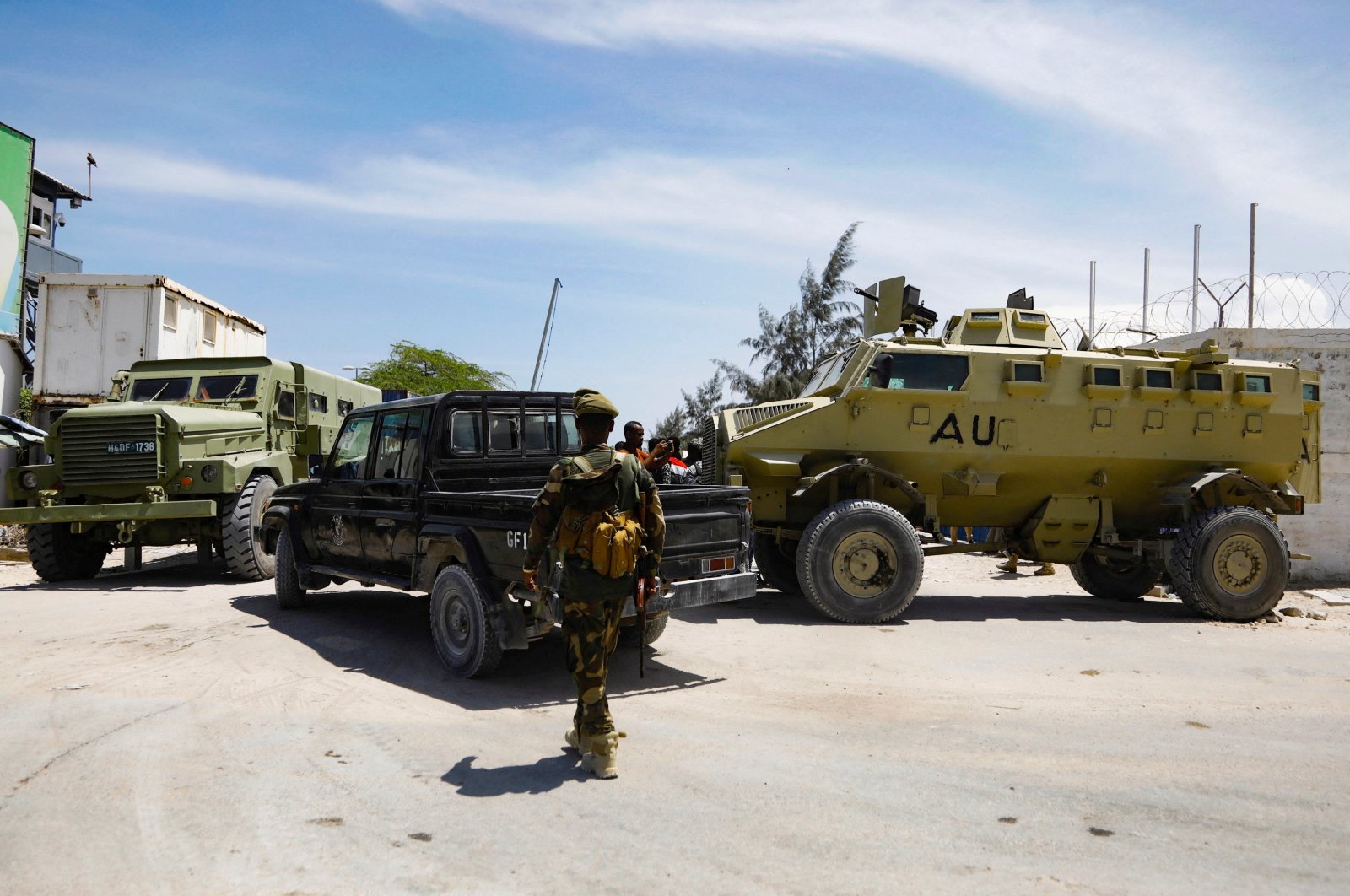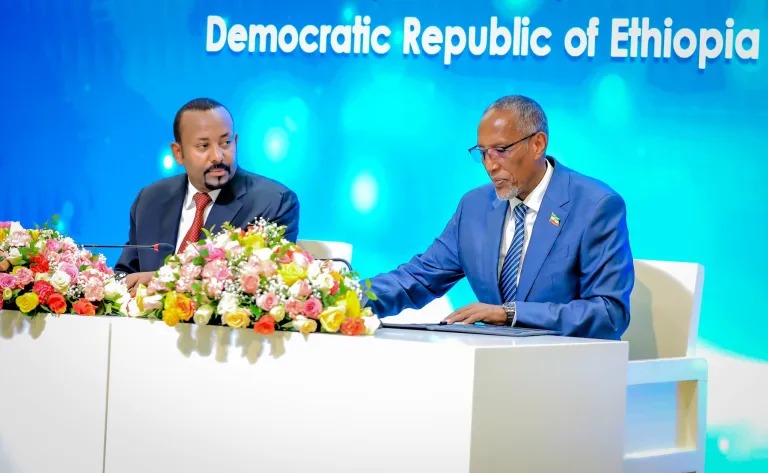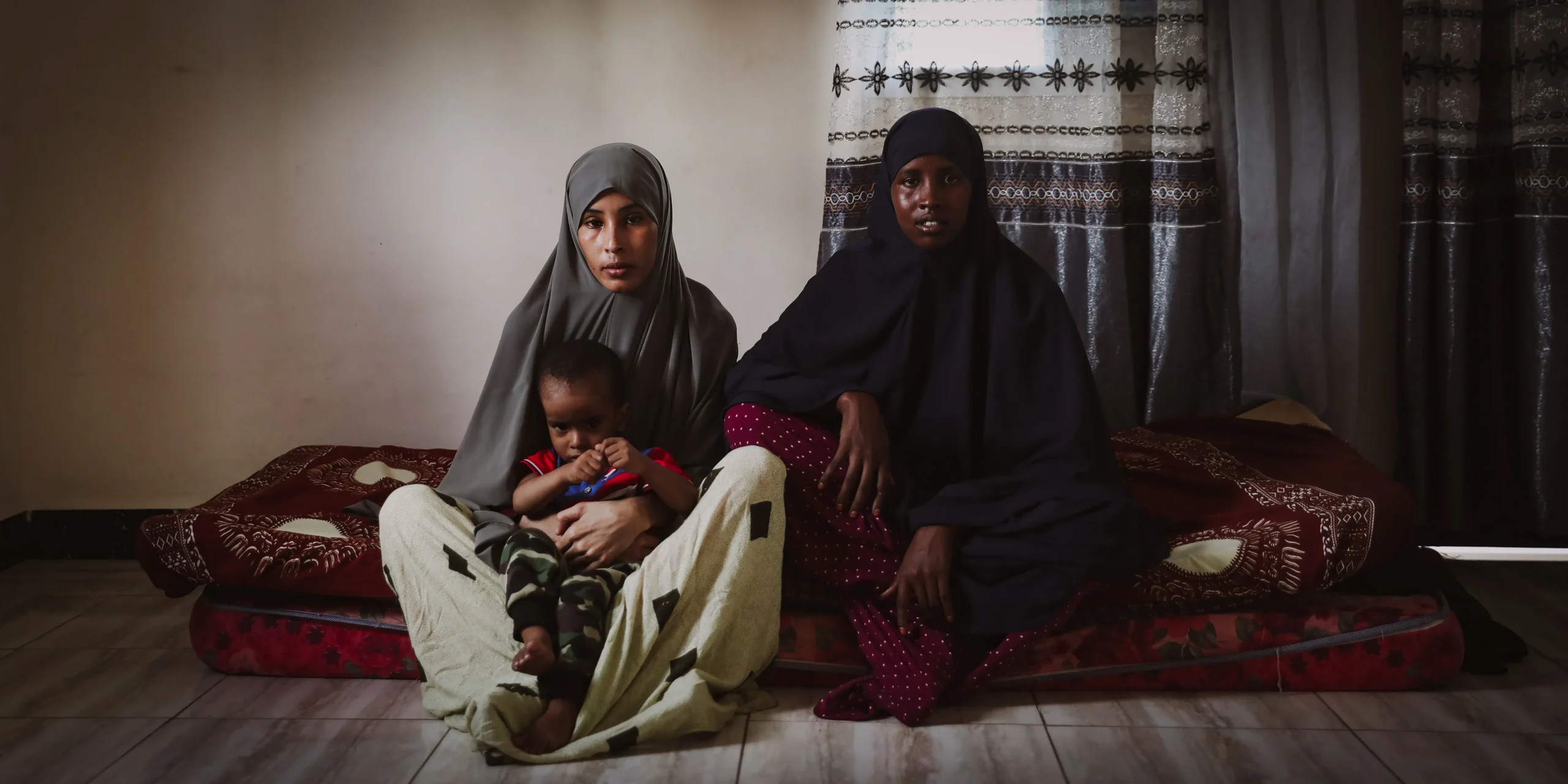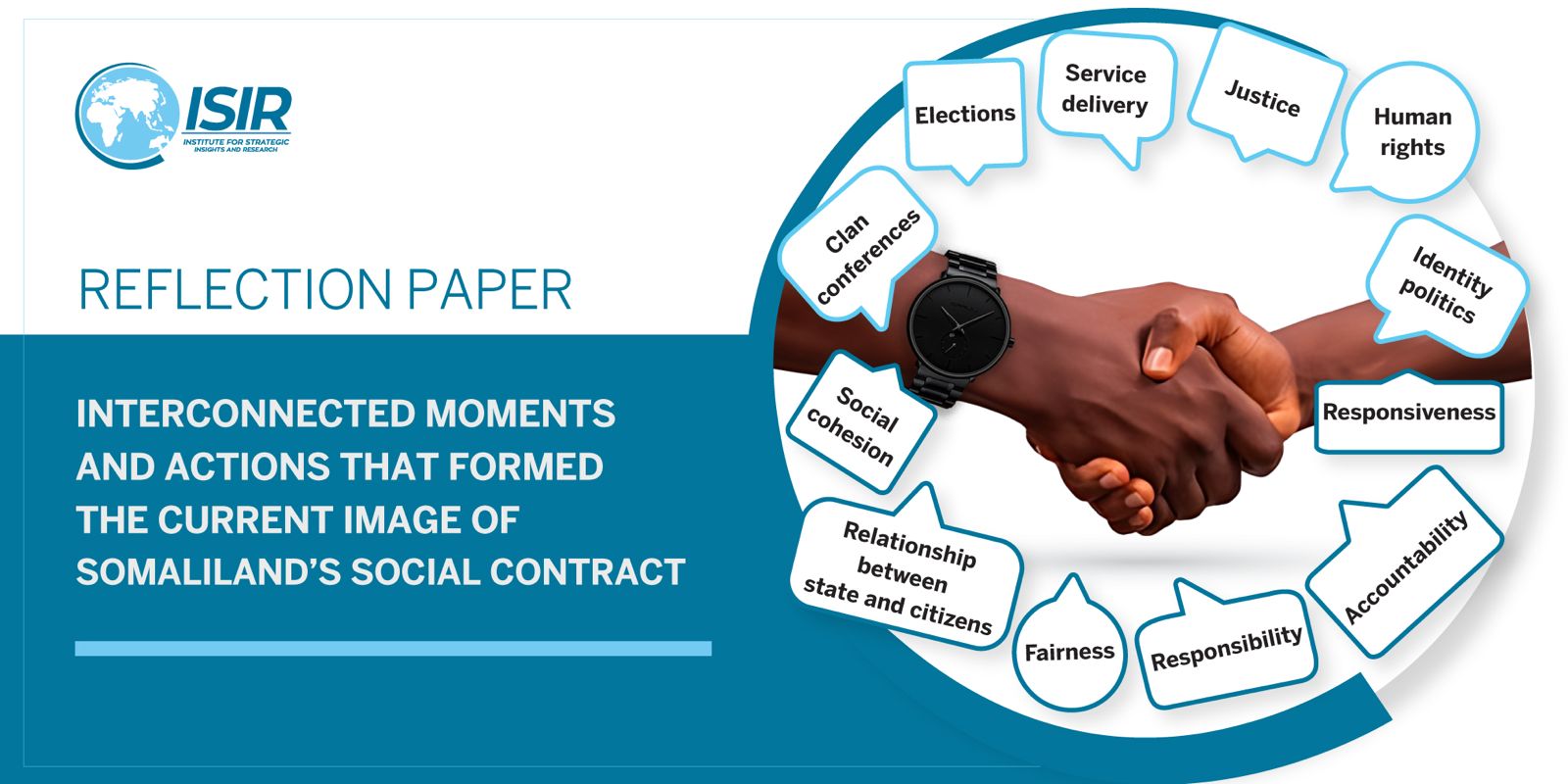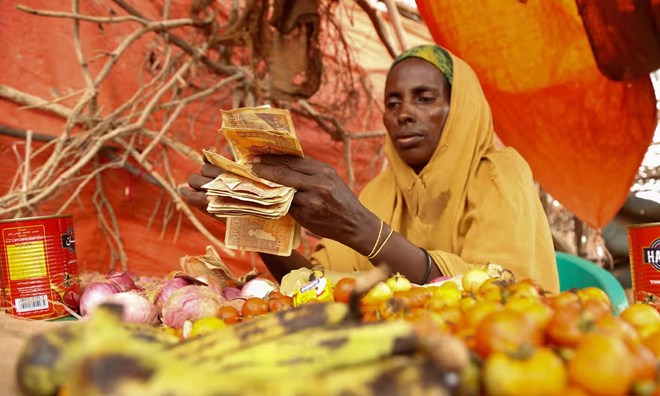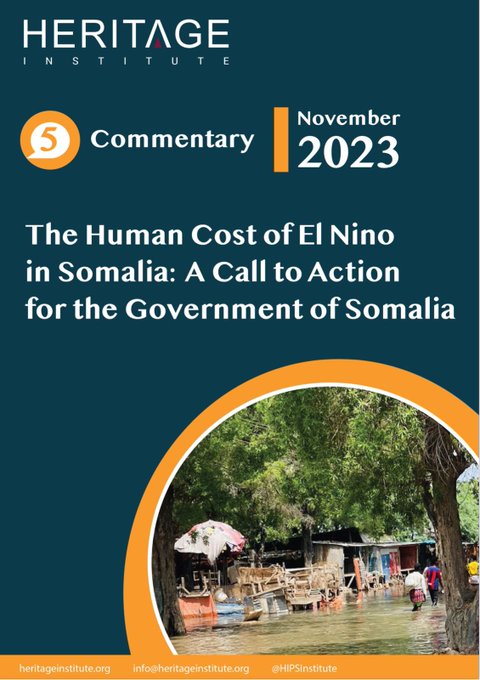About Somaliland
Somaliland is an unrecognized country in the Horn of Africa. No other country has recognized its unilateral declaration of independence, and therefore consider Somaliland to be part of Somalia.
Given their history and the brutal campaign waged by the government of Siad Barre in the 1980s against people living in Somaliland, including bombing its capital Hargeisa, the elders and leaders there decided to go their own way and separate from the Mogadishu government.
Ever since, the situation is very different for both; Somalia is a failed state, plagued by violent conflict and anarchy, whereas Somaliland is one of the most stable, peaceful and democratic countries in the region.
Overview of Somaliland’s Economy
Because of its unrecognized status, Somaliland has been forced to develop its economy on its own. At the time of independence, Somaliland’s infrastructure was decimated and the country was in a difficult position.
Until today it has one of the lowest incomes per capita in the world and continues to struggle because of barriers to international trade (Ayieko, 2019). As such, poverty is one of the biggest problems that its population faces.
As with many developing countries, the main industry of Somaliland is agriculture. More specifically, the major industry of Somaliland is livestock. This includes; goats and sheep, which account for almost ninety percent of livestock production, but also camels and cattle.
Products sold from this include meat, milk, skins and hides, which are exported mostly to Gulf countries such as Saudi Arabia and the United Arab Emirates (Musa and Horst, 2019).
Over seventy percent of the population of Somaliland works in the agricultural sector (Somaliland Biz). One of Somaliland’s leaders in the livestock sector is the Indha Deero Company, which trades and exports most of the aforementioned products.
As of 2006, the livestock industry in Somaliland was valued at about 280 million US dollars. According to the Berbera Port Authority, by the year 2014, Somaliland’s livestock exports were worth about 350 million US Dollars.
The port of Berbera, located in the city of the same name, plays an important role in Somaliland’s economy, with virtually all of Somaliland’s passing through it. Somaliland’s biggest trading partners, according to the Somaliland Chamber of Commerce, Industry and Agriculture are Saudi Arabia, the United Arab Emirates and Ethiopia.
Given the importance of trade for Somaliland, it has a very open economy. However, it has not developed industries and still relies mostly on primary commodities such as agricultural products.
In addition, Somaliland relies heavily on remittances. Somali people in general, including Somalilanders have a large diaspora community and many of those living abroad come and go back frequently.
There are significant communities of Somalilanders in Kenya, Ethiopia, the United Kingdom, the United States, the United Arab Emirates and various other nations. Many have businesses back home, return frequently to visit, or have relatives and friends living in Somaliland.
Because of this, sending and receiving remittances is important for the people and economy of Somaliland. Due to developments of money transfer services in recent decades, remittances to Somaliland were estimated at 500 million US dollars, according a study by Ismail I. Ahmed from the University of Sussex.
The average family received more than 4,000 dollars annually in remittances. These numbers have certainly grown, and more remittances are sent back to Somaliland each year. An article by The Guardian in 2012 estimated more than 1.5 billion US dollars are sent to Somaliland in remittances per year.
As such, while not an economic sector, remittances are calculated to be the largest source of income for many in Somaliland.
Largest Firms in Somaliland
Large firms in Somaliland have proved to be an important driver of the country’s small economy. Probably the most notable of all is Dahabshiil. The company focuses on remittance services, allowing people living abroad to send money to their relatives and others in Somaliland.
It is the largest money transfer company in Africa and is present in 126 countries worldwide (Dahabshiili). They stand out among other reasons because of its expertise, reach, and the low transaction costs they charge their customers.
Companies like Dahabshiil have developed partly due to the conditions of Somaliland after it declared independence. The reach of the central government was not very effective, so it was easy to establish companies, with little government regulation.
Dahabshiil is important in Somaliland given its efficiency and the number of people it serves; virtually all Somalis abroad who send or receive remittances, as well as many local Somalilanders (Harper, 2012).
The development of this company has spilled over into other parts of the economy, helping other sectors, especially those related to telecommunications, and has created many jobs. This includes the many “pavement bankers” who set up informal banks, exchanging currency and keeping deposits by placing the money in cages they carry around with them.
In addition, the telecommunications sector has developed significantly. Somaliland has one of the cheapest and most effective mobile phone networks in Africa as a result.
The Private Sector in Somaliland
Large businesses in Somaliland fall broadly into two categories. Firstly, there is a handful of wealthy families who were in business before 1991 and seem to own the largest domestic companies in Somaliland. Most of them were doing business in Djibouti before the war broke out in 1988 while others retreated to Djibouti during this period.
Both groups relocated to Somaliland in the early 1990s after independence was declared and Somaliland was more stable. They dominate the import, financial and telecommunication sectors and most come from Isaaq clans (Musa and Horst, 2019).
The other category refers to businesspeople of medium and large-sized companies, whom emerged after independence in 1991. These enterprises are present in some of the same sectors as larger domestic and foreign companies; import, telecommunication, energy and financial sectors.
Such companies are still labelled and identified with the clan of their top leadership. As a consequence, local elders, policymakers and politicians tend to introduce protectionist policies in regards to these companies.
Businesses have thrived in the unregulated market that came about after the independence of Somaliland. This enabled some corporations to emerge and capture a large share of the market, while creating and providing jobs and promoting the economic development of the independent and unrecognized Somaliland.
However, as the state has interfered to protect some companies, some of them eventually came to dominate their sectors and hinder competition, causing economic stagnation in some sectors.
Foreign Investment in Somaliland
The case of foreign investment in Somaliland illustrates the particularities of being an unrecognized country. Firstly, foreign companies are not always willing or able to negotiate with an unrecognized government. This makes up the first issue for attracting foreign investment.
Secondly, potential investors perceive Somaliland to be unstable given its connection with Somalia and unrecognized status. This is one of the main reasons why it is important for Somalilanders to be recognized as independent; so that other countries and investors realize how it differs from Somalia and will be willing to cooperate and trade with them.
In addition, exporting goods to western countries is difficult as long as the country cannot join international organizations and its companies are not registered with authorities in Somalia.
Another problem that arises from Somaliland’s unrecognized status, is both its national currency and its central bank are also unrecognized and therefore given no value. Thus, the conditions are not easy for many to start businesses or to access credit, slowing the development of some economic sectors. Related to this, insurance companies do not provide their services to those firms operating in Somaliland given it has no legal recognition, further complicating foreign investment in the country.
It is worth noting that much of the investment taking place in Somaliland comes from the diaspora and not from international investors. Many want to invest in their home country to keep their ties and to promote development for future generations.
With all of the above noted, the government and economy of Somaliland are very open to investment. New policies are often aimed at attracting foreign investment and creating trade tied with the international community. In 2004 the Somaliland government enacted a law to promote foreign investment. The government offers tax benefits, guarantees against expropriations and preferential treatment to foreign businesses (Somaliland Chamber of Commerce, Industry, and Agriculture). Somaliland even has a ministry dedicated to investment promotion. According to its website, the main reason why investment in Somaliland is far from its potential is due to ignorance from potential investors, not knowing the actual conditions in the Republic (Ministry of Investment Promotion).
While there is much room for the growth of foreign investment in Somaliland, in the last decade especially there have been some important cases in the unrecognized country. In 2012, Coca-Cola opened a bottling plant between Hargeisa and Berbera. The plant was built in the desert and cost 17 million US dollars, the most expensive private investment in Somaliland at that time. (Tran, 2012).
Berbera Port
The Berbera port is an extremely important part of the Somaliland economy, with 30 percent of the world’s crude oil transported on ships passing just a few miles offshore (Kennard and Einashe, 2019).
This is why a few years after the Coca Cola plant was opened came a substantially larger investment in Somaliland. DP World, a multinational corporation from the UAE won a thirty-year concession to manage and develop the multi-purpose port of Berbera.
The company, which operates in many African countries, agreed to an investment of 442 million US dollars, more than twenty-five times that of the Coca-Cola plant. DP World is a state-owned company, and the project also involves the construction of a naval base for the UAE. T
he Berbera port will have access to the maritime highways that connect Europe, Asia, the Middle East and Africa and will establish Somaliland as a point of entry to Africa (Shire, 2017). The government of Somaliland intends this to significantly boost trade; the project will include the establishment of a free trade zone, aiming to deliver huge economic gains for Somaliland and the Horn of Africa more broadly.
Furthermore, the governments of Ethiopia, UAE, and Somaliland have signed a tripartite agreement, which gives Ethiopia a stake in the concession for the development and management of the port. Since Somaliland is not a recognized state, the government of Somalia has been against any contracts that include Somaliland as an independent country.
The new Berbera Port is part of a trend which various Middle Eastern countries are employing around the Red Sea. The UAE has a port in Eritrea, Qatar has plans to upgrade a port in Sudan, and Turkey is present in Mogadishu.
The UAE, part of the coalition led by Saudi Arabia in its war against Yemen, also finds a very convenient location in Berbera from which to conduct its operations and other air campaigns.
Potential for Somaliland
As the ventures of Coca-Cola and DP World show, foreign investment seems to be on the rise in Somaliland, despite its unrecognized status.
Not only these, but other smaller companies have also set up operations there in recent years. For example, Conser, also a firm from the UAE, is building a highway between Berbera and Ethiopia (Czuleger).
The upgrade of the port at Berbera will create many more opportunities for others to trade with Somaliland and for Somaliland companies to export more, while also connecting its economy with those of other African countries. This may also show investors that Somaliland is stable. Consequently, more may be reassured in investing here, given the increased stability and room for growth in comparison to most neighbouring countries.
In addition, UAE company RAK Gas and the Anglo-Turkish oil company Genel Energy have undertaken exploration missions over the past few years hoping to find oil in Somaliland. SomOil is another company which is also planning to invest in oil exploration of the country, as many natural resources are thought to lie beneath the surface of Somaliland.
If the trend continues and the government and private sector manage things properly, Somaliland’s economic structure will possible improve. While the consequences are tough to predict, the increased confidence in the economy and capacity to access foreign aid could play an important role in the future of the aspiring country.
Until recognition however, Somaliland shouldn’t expect the opportunities of its southern neighbor – Somalia
By: David Serpa
Categories: Featured, Latest News








